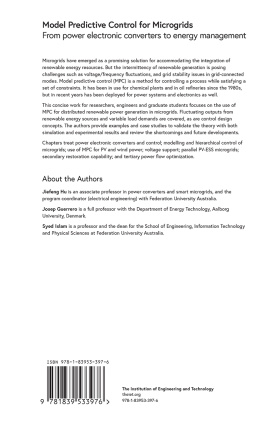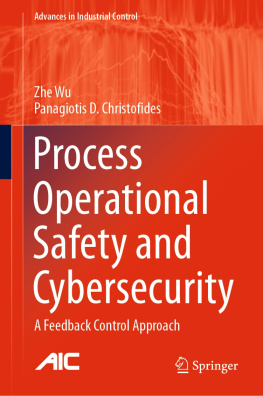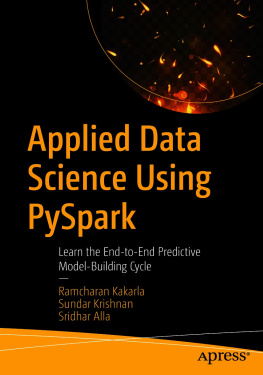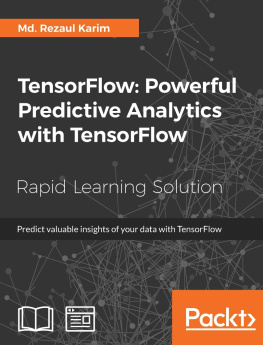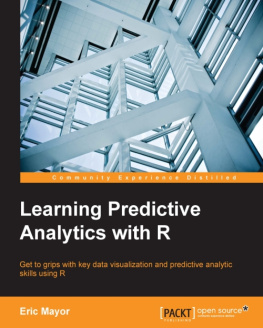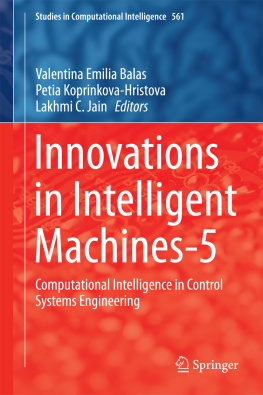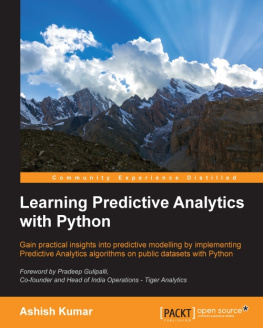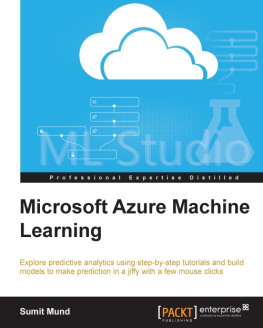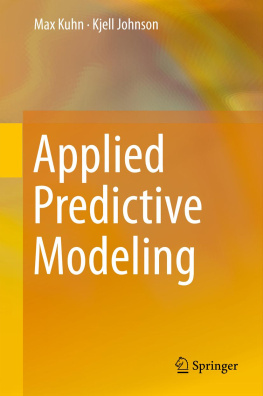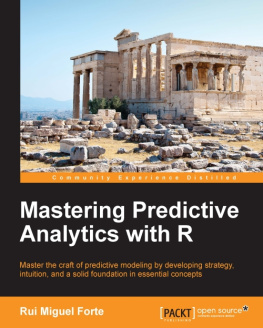Abbreviations
| 3C | Circular Chain Control |
| AC | Alternating Current |
| ALS | Average Load Sharing |
| BDFTSIG | Brushless Doubly Fed Twin Stator Induction Generator |
| BESS | Battery Energy Storage System |
| BS | Bypass Switch |
| CB | Circuit Breaker |
| CCS-MPC | Continuous Control Set MPC |
| CHP | Combined Heat and Power |
| CSCF | Constant Speed Constant Frequency |
| CSI | Current Source Inverter |
| DC | Direct Current |
| DER | Distributed Energy Resource |
| DFIG | Doubly-Fed Induction Generator |
| DG | Distributed Generation |
| DMPC | Distributed Model Predictive Control |
| DNO | Distribution Network Operator |
| DPC | Direct Power Control |
| DSVM | Discrete Space-vector Modulation |
| DTC | Direct Torque Control |
| DVR | Dynamic Voltage Restorer |
| EMS | Energy Management System |
| ESS | Energy Storage System |
| EV | Electric Vehicle |
| FACTS | Flexible AC Transmission System |
| FCS-MPC | Finite Control Set MPC |
| GCC | Global Central Controller |
| GMPF | Generalized Microgrid Power Flow |
| HEMS | Home Energy Management System |
| HV | high voltage |
| HVDC | High Voltage Direct Current |
| IoT | Internet of Things |
| KCL | Kirchhoffs Current Law |
| KVL | Kirchhoffs Voltage Law |
| LV | low voltage |
| MAS | Multi-agent System |
| MG | Microgrid |
| MGC | Microgrid cluster |
| MGCC | Microgrid Central Controller |
| MILP | Mixed-integer Linear Programming |
| MIMO | Multiple-inputmultiple-output |
| MPC | Model Predictive Control |
| MPCC | Model Predictive Current Control |
| MPP | Maximum Power Point |
| MPPC | Model Predictive Power Control |
| MPPT | Maximum Power Point Tracking |
| MPVC | Model Predictive Voltage Control |
| MV | Medium Voltage |
| NPC | Neutral-Point-Clamped |
| NPP | Neutral Point Potentials |
| OLTC | On-load Tap Changer |
| PCC | Point of Common Coupling |
| PID | Proportional-integral-derivative |
| PLL | Phase-locked Loop |
| PMSG | Permanent Magnet Synchronous Generator |
| PV | Photovoltaics |
| PWM | Pulse Width Modulation |
| QCQP | Quadratically Constrained Quadratic Program |
| RES | Renewable energy sources |
| RLC | Resistor-inductor-capacitor |
| SCIG | Squirrel-Cage Induction Generator |
| SDPC | Switching Table-based Direct Power Control |
| SMC | Sliding Mode Control |
| SoC | State of Charge |
| SP | Smith Predictor |
| SPWM | Sinusoidal Pulse Width Modulation |
| STATCOM | Static Synchronous Compensator |
| STS | Static Transfer Switch |
| SVM | Space Vector Modulation |
| THD | Total Harmonic Distortion |
| TSO | Transmission System Operator |
| TSR | Tip-Speed Ratio |
| UPFC | Unified Power Flow Controller |
| UPS | Uninterruptable Power Supply |
| VC | Vector Control |
| VOC | Voltage Oriented Control |
| VPC | Vector-sequence-based Predictive Control |
| VS | Voltage Support |
| VSC | Voltage Source Converter |
| VSCF | Variable Speed Constant Frequency |
| VSI | Voltage Source Inverter |
| WFSG | Wound Field Synchronous Generator |
| WRIG | Wound-Rotor Induction Generator |
| ZSCC | Zero Sequence Circulating Current |
About the authors
Jiefeng Hu is an associate professor in power electronics and smart microgrids, and the program coordinator (electrical engineering) of the School of Engineering, Information Technology and Physical Sciences at Federation University Australia. Previously, he was an assistant professor at The Hong Kong Polytechnic University, where he led an international team to develop renewable energy technologies for smart cities. He has published more than 100 research papers, and serves as editor/associate editor on prestigious IET and IEEE journals.
Josep Guerrero is a professor with the Department of Energy Technology, Aalborg University, Denmark. He is responsible for the Microgrid Research Program, and the founder and director of the Centre for Research on Microgrids (CROM). Prof. Guerreros research interests focus on different microgrid aspects, including power electronics, distributed energy-storage systems, control, energy management, metreing and the use of the IoT. From 2014 to 2018 he was awarded a Highly Cited Researcher by Thomson Reuters.
Syed Islam is a professor and the dean for the School of Engineering, Information Technology and Physical Sciences at Federation University Australia. His awards include the Curtin University inaugural award for Research Development and two Sir John Madsen medals. He has published over 270 technical papers on condition monitoring of transformers, wind energy and smart power systems, and serves on prestigious committees and boards, and in editorial capacities of key journals.
Contents
Published by The Institution of Engineering and Technology, London, United Kingdom
The Institution of Engineering and Technology is registered as a Charity in England & Wales (no. 211014) and Scotland (no. SC038698).
The Institution of Engineering and Technology 2021
First published 2021
This publication is copyright under the Berne Convention and the Universal Copyright Convention. All rights reserved. Apart from any fair dealing for the purposes of research or private study, or criticism or review, as permitted under the Copyright, Designs and Patents Act 1988, this publication may be reproduced, stored or transmitted, in any form or by any means, only with the prior permission in writing of the publishers, or in the case of reprographic reproduction in accordance with the terms of licences issued by the Copyright Licensing Agency. Enquiries concerning reproduction outside those terms should be sent to the publisher at the undermentioned address:
The Institution of Engineering and Technology
Michael Faraday House
Six Hills Way, Stevenage
Herts, SG1 2AY, United Kingdom
www.theiet.org
While the authors and publisher believe that the information and guidance given in this work are correct, all parties must rely upon their own skill and judgement when making use of them. Neither the author nor publisher assumes any liability to anyone for any loss or damage caused by any error or omission in the work, whether such an error or omission is the result of negligence or any other cause. Any and all such liability is disclaimed.
The moral rights of the author to be identified as author of this work have been asserted by him in accordance with the Copyright, Designs and Patents Act 1988.

